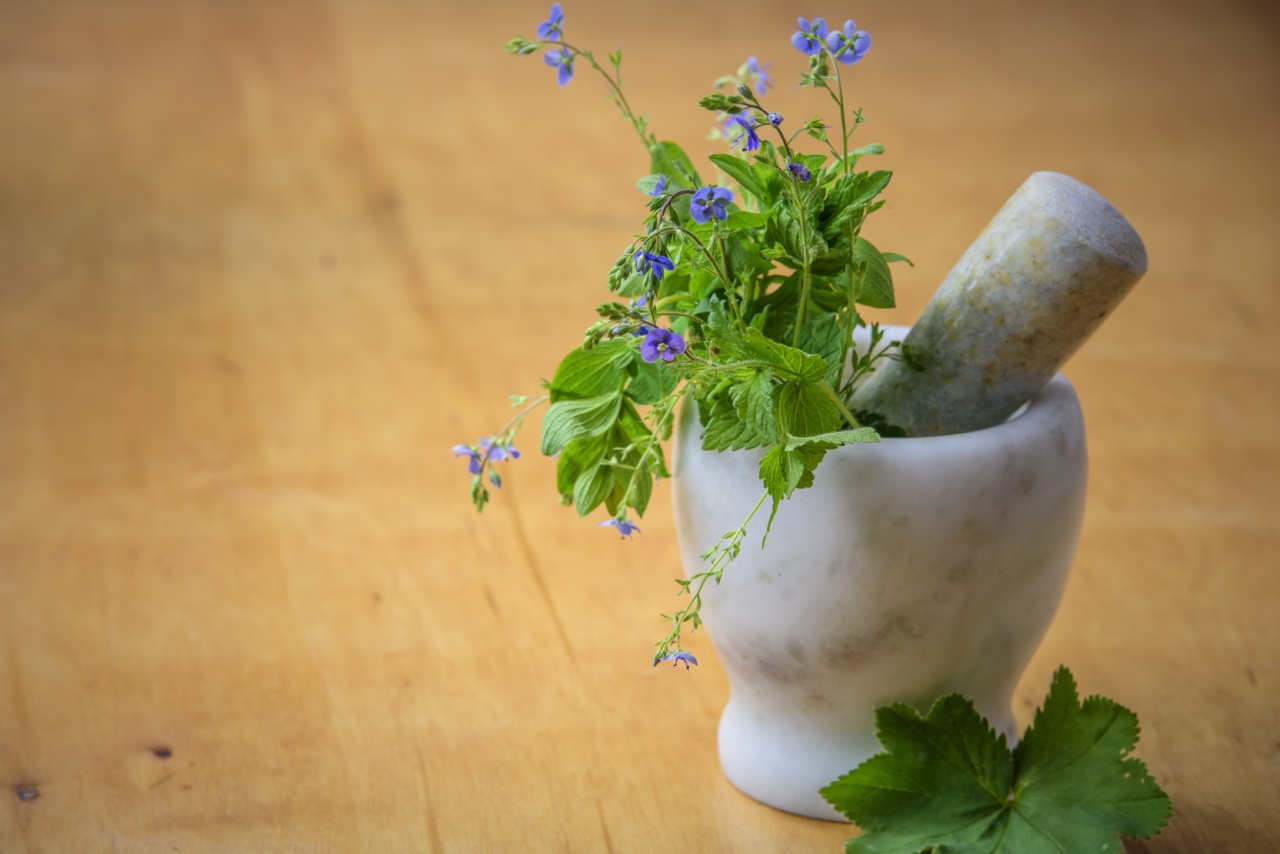Spices have been prevalent throughout history for their medicinal and culinary purposes. These aromatic substances come in the form of ground or whole seeds, berries, barks, roots, and leaves.
They add flavor and depth to our food, and unknowingly contribute to our wellbeing. Here are some of the most remarkable spices that spice up our health and mood:.
Cinnamon
Cinnamon is a popular and versatile spice that comes from the bark of trees. Its sweet and woody flavor is perfect for desserts, mulling hot drinks, or even savory dishes.
Cinnamon contains a lot of antioxidants, which means it can help neutralize free radicals that damage cells and cause diseases. It also has anti-inflammatory and antimicrobial properties, which can help fight infections and inflammation. Cinnamon has been found to help regulate blood sugar, lower cholesterol, and improve brain function.
Moreover, it is known to induce feelings of warmth, comfort, and happiness, making it a perfect spice for the winter season.
Turmeric
Turmeric is the bright yellow spice that gives curry its distinct flavor and color. It comes from the root of the Curcuma longa plant, which is native to India and Southeast Asia.
Turmeric has been used in traditional medicine for thousands of years because of its anti-inflammatory and antioxidant properties. It contains a compound called curcumin, which has been found to reduce inflammation, prevent cancer, improve brain function, and treat depression. Turmeric has also been shown to improve heart health, lower the risk of diabetes, and promote weight loss.
It has a warm and earthy flavor that pairs well with lentils, rice, chicken, and vegetables.
Ginger
Ginger is a knobby root that has a zesty and pungent flavor. It is widely used in Asian cuisine and is a common ingredient in tea, candy, and medicine. Ginger is known for its ability to soothe digestive issues such as nausea, vomiting, and bloating.
It also has anti-inflammatory and antioxidant properties, which can help reduce pain, prevent cancer, and boost immunity. Ginger has been shown to improve heart health by reducing blood pressure and cholesterol levels. It can also alleviate menstrual cramps, migraine headaches, and muscle soreness.
Ginger adds a flavorful kick to stir-fries, soups, smoothies, and baked goods.
Cumin
Cumin is a spice that has a warm and nutty flavor. It is a staple in Indian, Mexican, and Middle Eastern cuisine and is often used in spice blends such as curry, chili, and garam masala.
Cumin has been found to have antimicrobial, anti-inflammatory, and antioxidant properties, which can help prevent infection and disease. It is also a good source of iron, which is essential for healthy blood cells. Cumin has been shown to aid digestion, relieve stress, and improve memory and cognitive function.
It is a versatile spice that can be used in soups, stews, salads, and roasted vegetables.
Cloves
Cloves are the dried buds of evergreen trees that have a strong and sweet flavor. They are commonly used in baking, spiced cider, and pickling.
Cloves have powerful antioxidant and antibacterial properties, which make them effective against infections and free radicals. They can also help soothe toothaches, sore throats, and upset stomachs. Cloves have been found to improve liver health, regulate blood sugar, and enhance sexual function. They add an aromatic and rich dimension to cakes, pies, ham, and beef.
Cardamom
Cardamom is a fragrant spice that comes from the dried seeds of plants. It has a sweet and spicy flavor that is often used in chai tea, coffee, and desserts.
Cardamom has anti-inflammatory, antioxidant, and antimicrobial properties, which can help protect against chronic diseases and infections. It is also a good source of minerals such as iron, magnesium, and zinc. Cardamom has been shown to improve digestion, reduce anxiety, and boost libido. It is a versatile spice that can be added to rice, soup, marinade, and dough.
Paprika
Paprika is a mild and vibrant spice that comes from peppers. It is commonly used in Hungarian, Spanish, and Indian cuisine and is a key ingredient in dishes such as goulash, paella, and tandoori.
Paprika has anti-inflammatory, antioxidant, and antimicrobial properties, which can help promote healthy skin, immune system, and cardiovascular system. It also contains capsaicin, which can boost metabolism and reduce pain. Paprika has been shown to improve eye health, reduce the risk of cancer, and enhance cognitive performance. It adds color and flavor to soups, meat, seafood, and dips.
Nutmeg
Nutmeg is a sweet and spicy spice that comes from the seeds of an evergreen tree. It is often used in baking, eggnog, and pasta sauces.
Nutmeg has anti-inflammatory and antioxidant properties, which can help reduce inflammation and protect against oxidative stress. It also contains myristicin, which has been found to have psychoactive effects that can improve mood and cognitive function. Nutmeg has been shown to lower blood pressure, enhance sexual health, and reduce the risk of Alzheimer’s disease.
It is a flavorful spice that can be grated over hot drinks, pasta, pumpkin pie, and baked apples.
Fennel
Fennel is a crunchy and licorice-flavored spice that comes from the seeds of a flowering plant. It is often used in Mediterranean, Indian, and Chinese cuisine and is a popular ingredient in sausage, bread, and tea.
Fennel has anti-inflammatory and antioxidant properties, which can help reduce inflammation and protect against chronic diseases. It also contains compounds that can improve digestion, reduce bloating, and alleviate menstrual cramps. Fennel has been found to enhance bone health, lower cholesterol, and boost immunity.
It adds a distinct and refreshing taste to salads, fish, risotto, and roasted vegetables.
Black Pepper
Black pepper is a ubiquitous spice that comes from peppercorns. It has a pungent and spicy flavor that is often used in seasoning, marinade, and condiment.
Black pepper has anti-inflammatory and antioxidant properties, which can help reduce inflammation and protect against oxidative stress. It also contains piperine, which can enhance the absorption of nutrients and the bioavailability of drugs. Black pepper has been shown to improve brain function, reduce pain, and lower the risk of cancer.
It adds a bold and aromatic taste to meats, eggs, pasta, and salad dressing.
In conclusion, spices are not only delicious but also beneficial to our health. They can help prevent diseases, reduce inflammation, and improve mood and cognition.
By adding a variety of spices to our meals, we can enhance both the flavor and the nutritional value of our food. So let’s spice up our lives and enjoy the benefits of these wonderful plants!.































